Court Order Blocks Malala's Removal as UDA Secretary General
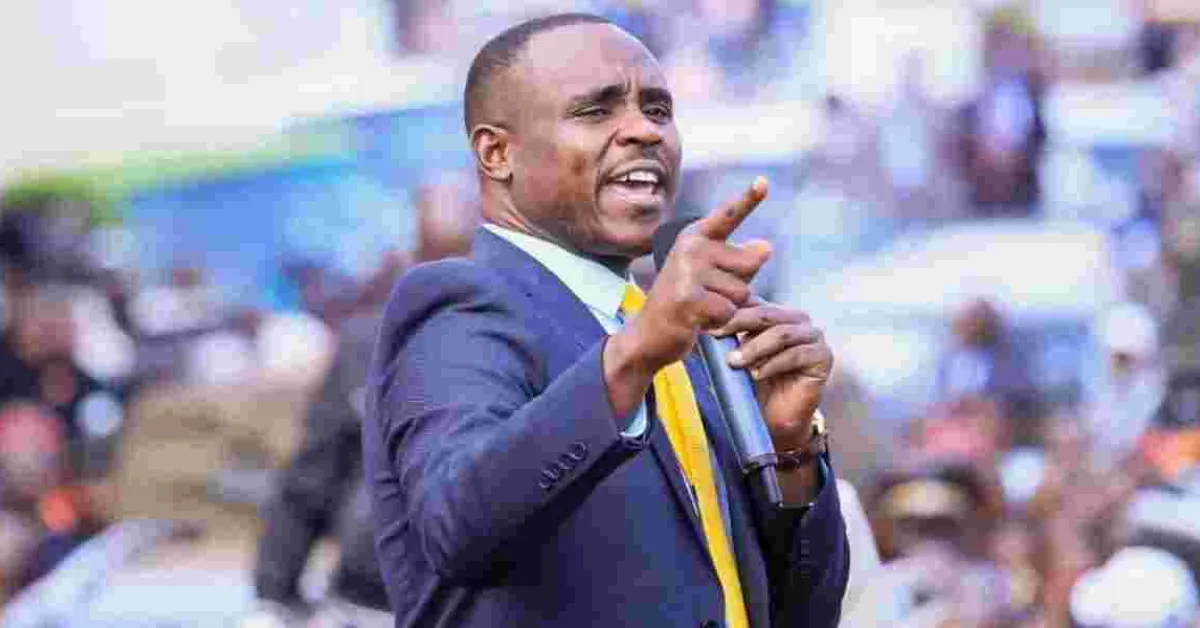
The Political Parties Disputes Tribunal has ordered the Registrar of Political Parties to halt the replacement of Cleophas Malala with Hassan Omar as the secretary general of the UDA party.
The tribunal's ruling, delivered by a panel of four members, effectively halts the leadership transition until an inter partes hearing scheduled for October 16, 2024. The panel has also instructed the respondents to re-serve their responses to the applicant via email, ensuring all parties have access to the necessary documentation. The roots of this leadership dispute can be traced back to August 2, 2024, when the UDA's National Executive Council (NEC), under the leadership of national chairperson Cecile Mbarire, decided to remove Malala from his position. This move came after weeks of intense internal conflict within the party.
In the wake of Malala's removal, the NEC appointed UDA vice chairperson Hassan Omar as the acting Secretary General. The NEC justified its actions by citing Article 8.2 of the party constitution, which grants them the authority to make such appointments. However, this move has been met with resistance, leading to the current legal challenge before the PPDT. The internal strife within UDA has been simmering for some time, with various factions clashing over a range of issues.
“Upon wide and consultative deliberations, and in compliance and in accordance with its mandate under Article 8.2 of the party constitution, the National Executive Committee has determined to designate the vice chairperson, Hassan Omar Hassan, to act as the secretary general on an interim basis,” the NEC resolved.
Malala's removal is perceived by some as an attempt to consolidate power within the party's leadership, while the appointment of Omar, known to be a close ally of key party figures, has further fueled speculation about the motivations behind these changes. The tribunal's intervention provides a reprieve for Malala and his supporters, while also spotlighting the importance of due process and adherence to party constitutions in resolving internal disputes. The upcoming hearing on October 16 will be crucial in determining the future direction of UDA's leadership.
UDA cited Malala's tenure as chaotic and ineffective. According to Hassan Omar, the National Executive Committee unanimously decided to remove Malala from his position. Malala, who joined UDA in March 2023, claims his removal was linked to his opposition to an alleged plot to impeach Deputy President Rigathi Gachagua. However, the party dismisses these allegations as unfounded. Malala's brief stint in office was reportedly marked by controversy and discord, particularly during the party's grassroots elections.
His push for a merger of Kenya Kwanza affiliate parties caused tension within the coalition. Additionally, procurement issues and accusations of election interference further strained his relationship with party leadership. Deputy President Gachagua criticized the manner of Malala's removal, stating he was not consulted about the decision.

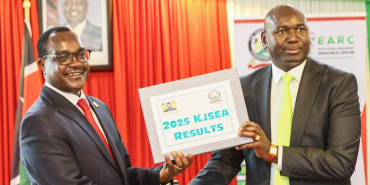
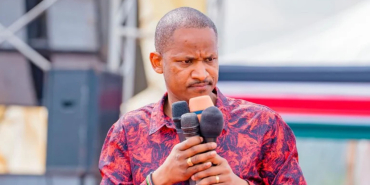
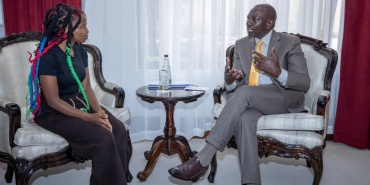

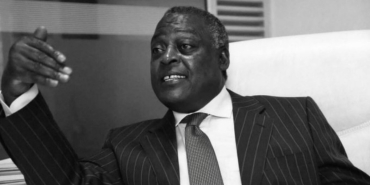

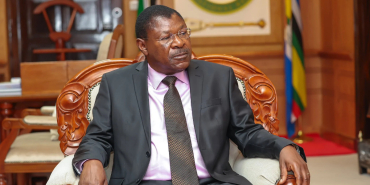
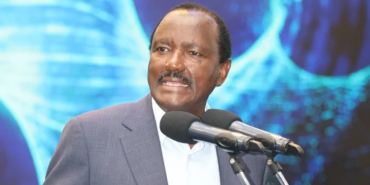





Add new comment